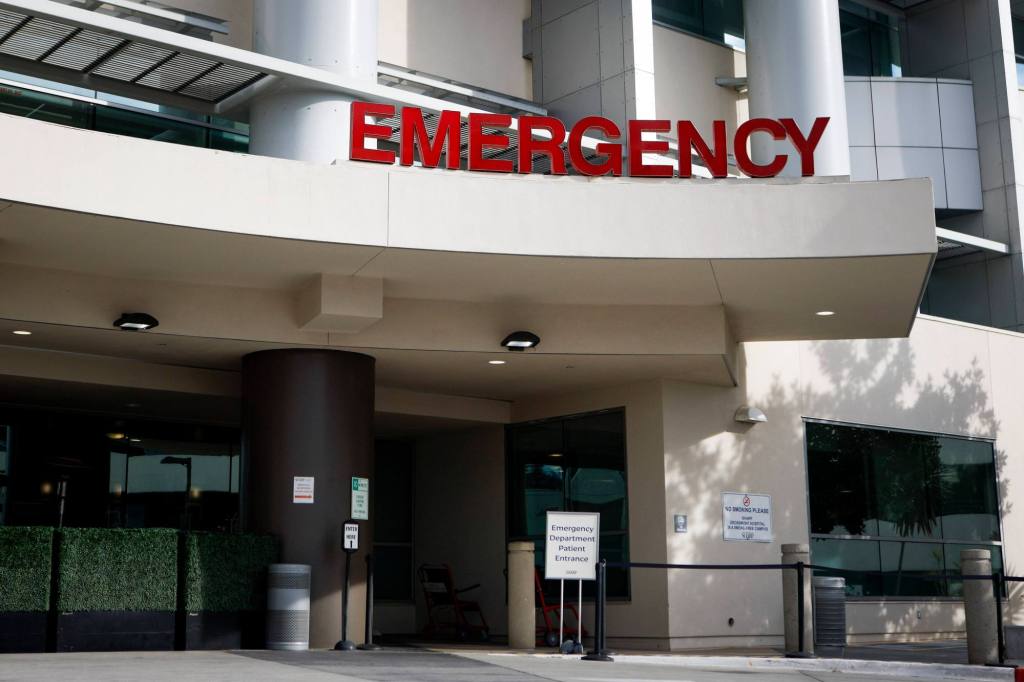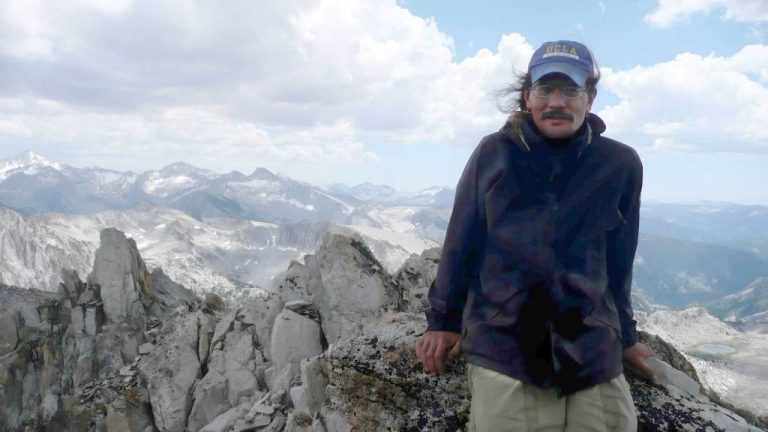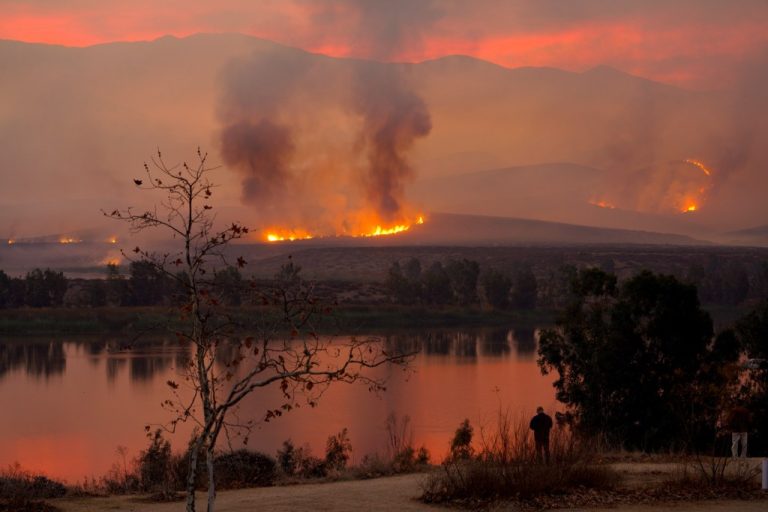

A recent change to national immigration enforcement policy in and around “protected” areas has San Diego County medical providers preparing for the possibility of raids and workers worried about a possible chilling effect that could keep some people from seeking needed medical care.
Sharp HealthCare and Scripps Health sent notices to their employees Thursday, providing guidance about how front-line workers — be they doctors, nurses or allied staff — should respond if Border Patrol or Immigration and Customs Enforcement agents arrive demanding to determine the immigration status of current patients.
UC San Diego Health followed with its own statement to employees on Friday, and Kaiser Permanente said Friday that it has updated its leaders and management teams “on our existing procedures for complying with law enforcement actions,” though the exact timing of that conversation was not stated.
Local officials emphasize that, to date, there have been no such immigration raids at San Diego County medical facilities, and, as the university’s memo notes, “it remains unclear whether this policy change will lead to increased enforcement at hospitals.” Complicating matters, Scripps’ statement explains, Border Patrol vehicles have long been visible in hospital parking lots. That’s because undocumented immigrants detained at the border are routinely transported to local health centers for care if they develop an urgent medical condition while in custody. Likewise, those incarcerated in local jails or state prisons may be taken to local hospitals if they have a medical need that cannot be met on-site.
Such normal visits have already caused some local concern, with a raid warning flashing across Facebook pages late last week after a Border Patrol vehicle was spotted at Rady Children’s Hospital. But officials said the vehicle was present because an agent was transporting a child for medical care, not conducting any sort of raid.
Still, health care workers are on edge. Dimitrios Alexiou, president and CEO of the Hospital Association of San Diego and Imperial Counties, said in a recent email that he began receiving calls and questions about how immigration enforcement might change last week.
“There is a lot of concern/fear in general floating around at the moment; I have received some incoming questions,” Alexiou said. “I think it is still unknown as to how all of this plays out as we just don’t know yet.”
Michael Kennedy, chief nurse representative for the California Nurses Association representing UC San Diego Health nurses and a neuro intensive care worker at the provider’s La Jolla medical campus, said that many workers are extremely concerned about the removal of protections for protected areas, which include churches and schools in addition to health care facilities.
“There’s widespread outrage among nurses,” Kennedy said, making it clear that he was speaking on behalf of his fellow CNA members, not the university health system. “Our patients deserve to feel safe receiving care, and this is a policy meant to terrorize immigrant communities.
“Although we have not seen ICE raids or ICE presence at hospitals in San Diego, despite the rumors that have been swirling … this opens it up to the potential that our patients are discouraged from going to the hospital because of the possibility of them not being in safe places.”
A chilling effect, he said, could easily develop as it did during the coronavirus pandemic when some suffered serious but preventable illnesses at home because they were afraid that going to the hospital would lead them to become infected.
“This is an already-vulnerable community that already delays and forgoes care out of fear, and this policy makes that fear just even more forefront in their minds — for some people, it will be a death sentence,” Kennedy said.
But, in their communications to employees, local health care systems said that literally nothing will change about how they handle law enforcement visits.
Existing laws that have not changed, they note, require the protection of patient information, including not telling anyone, whether they are a law enforcement officer or not, whether a specific person is an admitted patient under treatment.
Statements from Sharp and UCSD are the most detailed in their explanation of how existing law works. Sharp’s memo notes that it does not “collect information on any patient’s immigration status nor “report undocumented patients to federal immigration authorities.”
In general, all organizations direct their front-line employees to contact management or security if approached by a law enforcement officer.
“Sharp proudly supports every agent or officer in the performance of their duties, but must follow all federal and state privacy laws,” Sharp’s memo states, also noting that it is “required to honor a signed court order, a court-issued search warrant or a court-issued subpoena.”
And any such order must come from a court, the Sharp memo states, “an order, warrant or subpoena issued by the Department of Homeland Security or other law enforcement agencies (e.g. FBI, state agencies and local sheriff’s or police department) is not sufficient.”
Both Sharp’s and UCSD’s employee memos note that law enforcement officers are not allowed to enter areas such as patient examination rooms or storage areas without a valid court order. Employees are also directed to avoid physically intervening if they believe that an agent is not complying with the patient privacy rules. Sharp’s communique also explains that patients not only have the right to privacy, but also to opt out of being listed in patient directories maintained by hospitals to help visiting family members locate their loved ones.
“It is possible that a plainclothes or undercover Agent or Officer could pose as a visitor and obtain a patient’s room number,” Sharp’s memo states.
The situation, Kennedy said, has become a bit surreal for those who serve patients day in and day out.
“I never thought that I would, that nurses would have to feel like we would be the last defense between our patients and law enforcement, that’s not our position,” Kennedy said. “We need to establish trust with our patients; that’s critical to healing,” Kennedy said.








